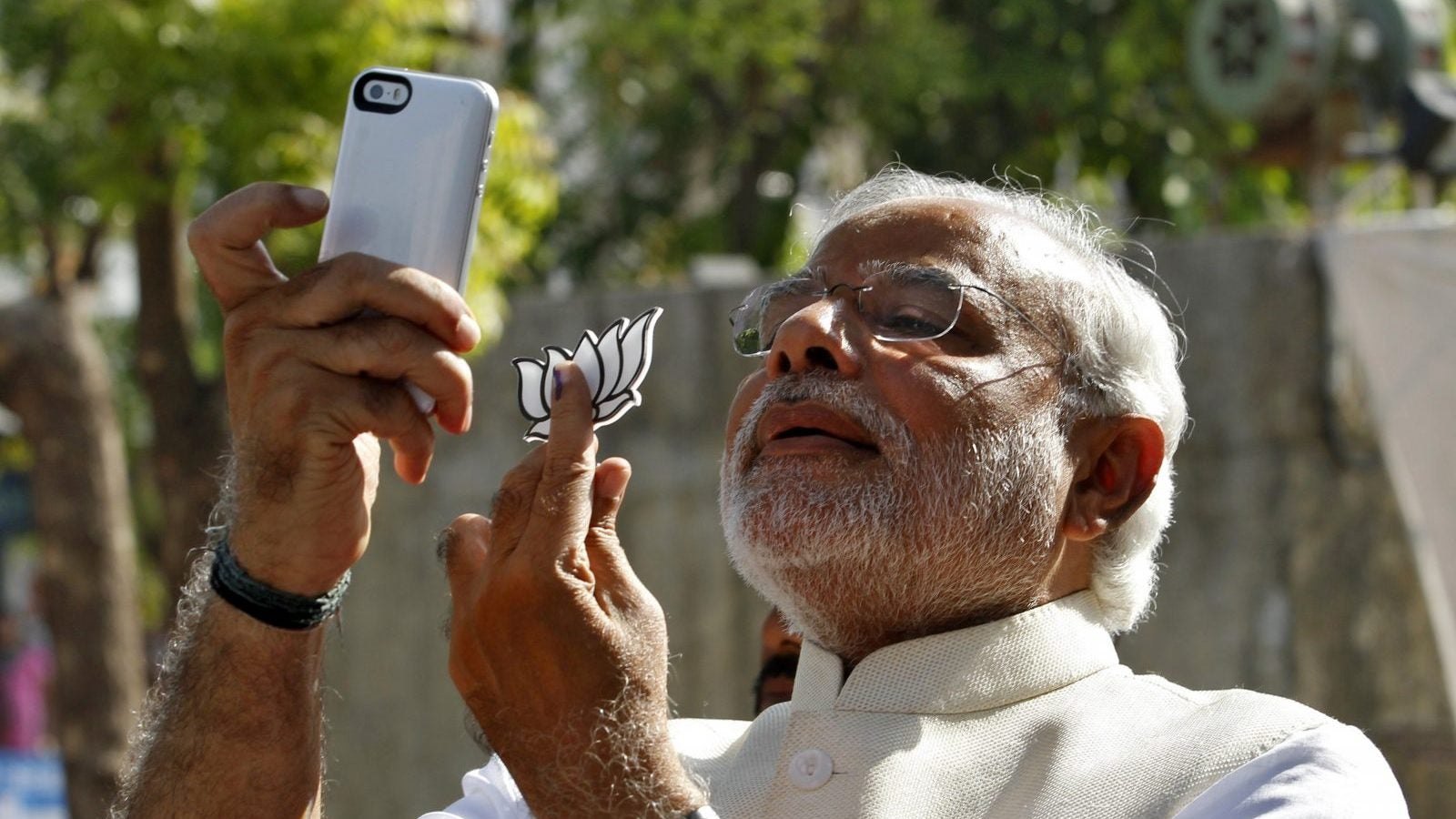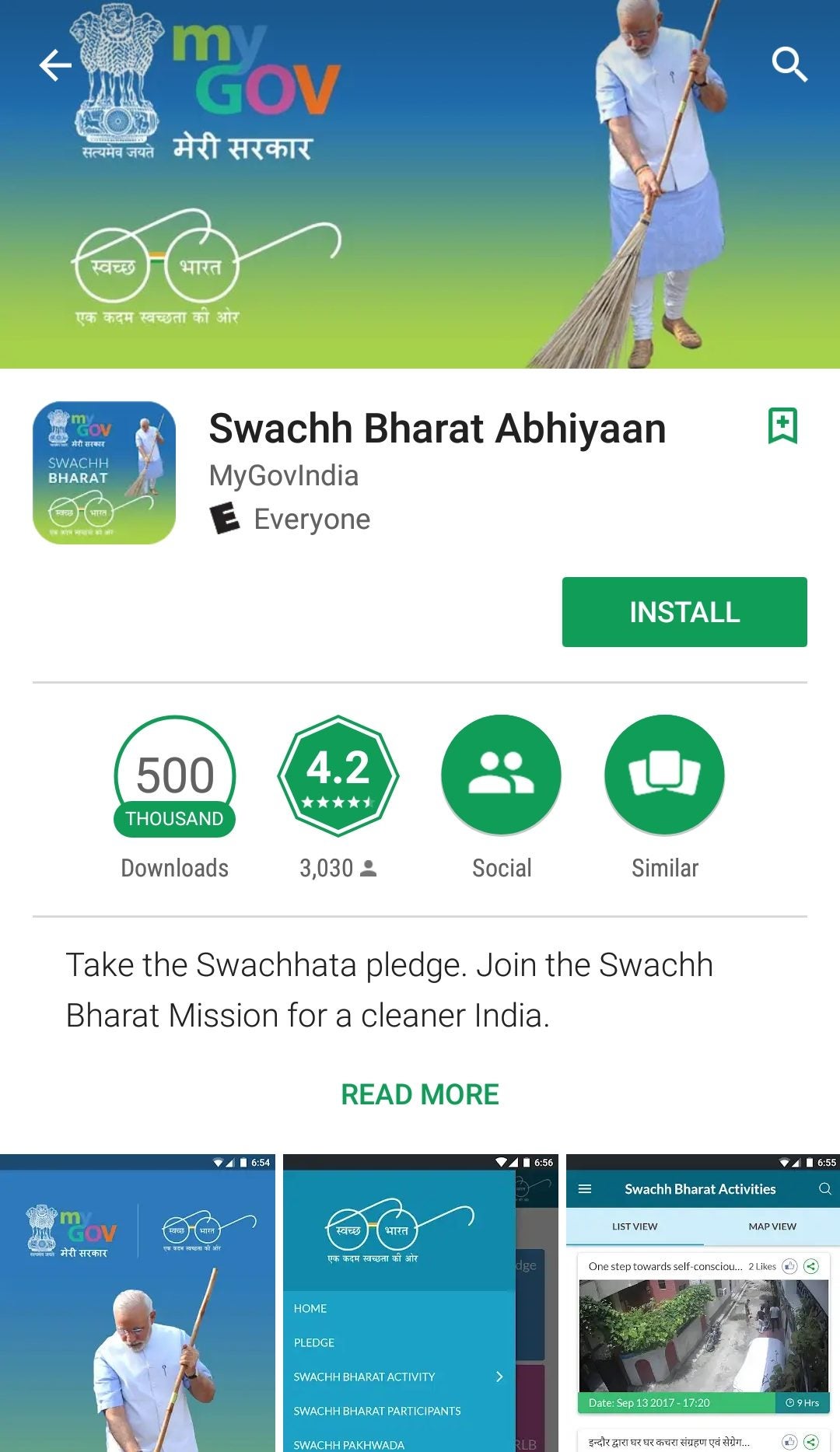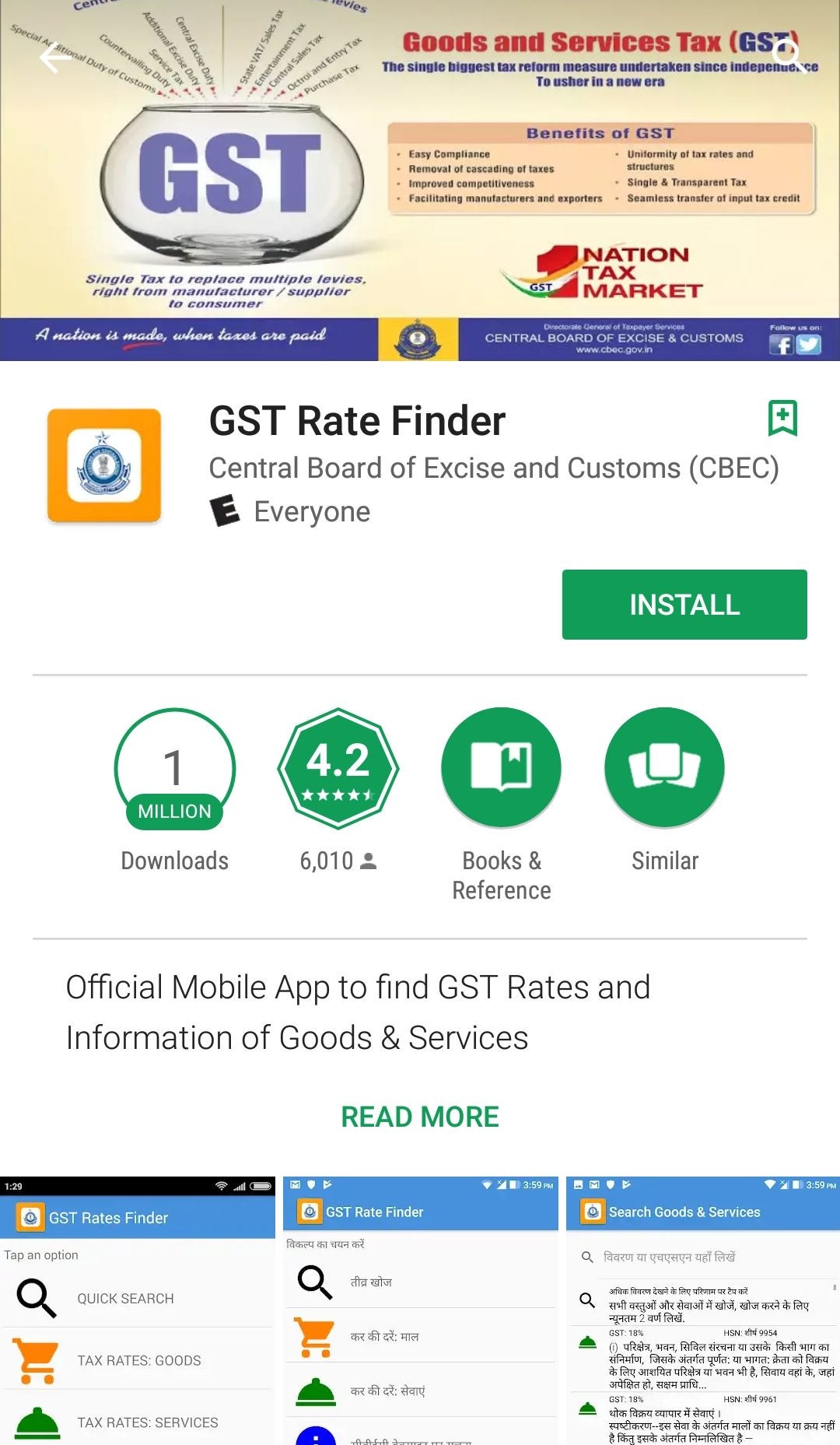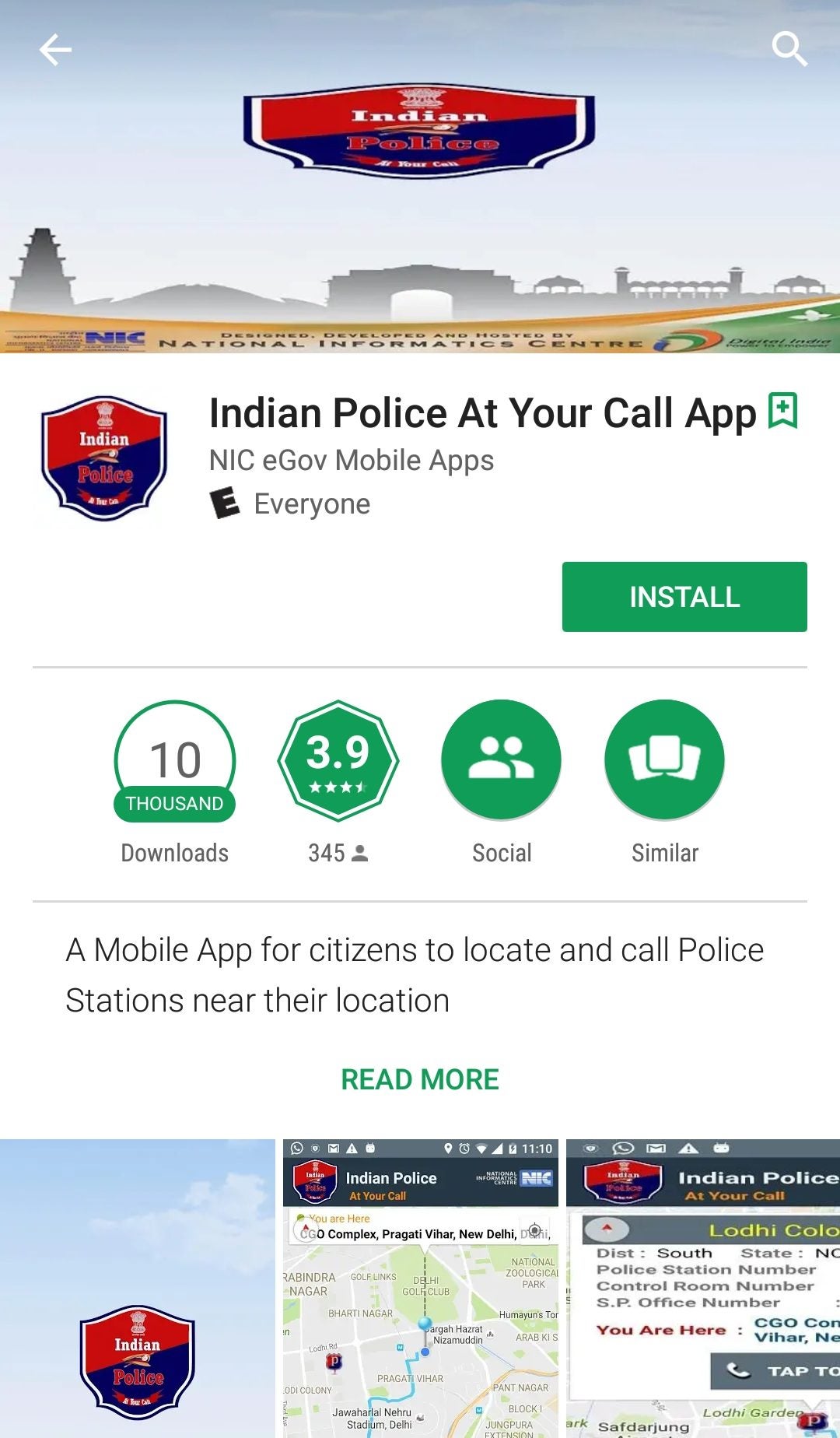Amid privacy fears, a list of the many apps launched by the Modi government
Indian prime minister Narendra Modi’s love for all things internet is no secret.


Indian prime minister Narendra Modi’s love for all things internet is no secret.
He is among the most followed Indians on Twitter with over 41.4 million followers and has over 43 million fans on Facebook. He has topped Google’s annual lists for most searched Indians several times. And he’s big on selfies, having clicked photos of himself with several famous people ranging from Barack Obama to Bollywood actor Shah Rukh Khan.
But there’s one more digital medium he has used extensively: mobile apps.
In recent years, the Bharatiya Janata Party (BJP) launched several mobile apps to connect with young voters—some during the 2014 election campaign, some after the elections. For instance, there is the Constituency Connect App for residents of Delhi to get in touch with their local members of parliament. Then there is India272+ for campaign volunteers to connect and discuss Modi’s speeches, among other things. There is also Raksha, for women’s safety.
While most of those apps no longer exist on the Android app store, the Modi government, since coming to power, has launched many more apps to engage with citizens. While they were extremely successful during the campaign and helped Modi reach a new section of young voters, the apps that have followed haven’t been as much of a hit as he perhaps expected.
However, this app push is not without risks.
On March 23, a French security researcher revealed on Twitter that the Narendra Modi app sends users’ data to California-based CleverTap without their consent.
Even as the BJP sought to deny this, there are heightened concerns over data breaches, especially given the sheer number of apps the government operates today.
App-alling
Here are some of the more popular apps of the various government departments and the party:
Narendra Modi App: Gives users latest information, instant updates, and helps them contribute towards various tasks. Downloads: Over 5 million
PMO India: The official app of the Indian prime minister’s office. Downloads: Over 100,000
MyGov: Allows users to directly communicate with the various central ministries. Downloads: Over 500,000

Swachh Bharat Abhiyaan: Allows users to report garbage around monuments or museums. Downloads: Over 500 thousand
Swachh Bharat Toilet Locator: A community-driven app to locate nearby public toilets. The app also lets users view and share ratings related to the hygiene, infrastructure, and safety of public toilets. Downloads: Over 1,000
GST Rate Finder: To look up the goods and services tax (GST) rates applicable for various goods and services. Downloads: Over 1 million
ePathshala: Hosts educational resources for teachers, students, parents, and researchers. Downloads: Over 1 million
Postinfo: Lets users track their delivery packages, search for post offices, and calculate interest on their post office savings, among other things. Downloads: Over 1 million
DigiLocker: Serves as a platform for issuance and verification of documents and certificates so as to eliminate the use of physical documents. Downloads: Over 1 million
Startup India: To help entrepreneurs source information related to the Modi government’s Startup India initiative. Downloads: Over 100,000

UMANG: The Unified Mobile Application for New-age Governance (UMANG) app that brings all government services under one umbrella. Downloads: Unavailable
Kisan Suvidha: Provides farmers with information like weather predictions, market prices of commodities, and access to agricultural advisors, among other things. Downloads: Over 500,000
Garv Grameen Vidyutikaran: Tracks the status of various rural electrification projects. Downloads: Over 100,000
Indian Police at your Call: Allows users to locate nearby police stations. Downloads: Over 10,000
Incredible India Calendar: Assists users with charting out their travel plans and provides a list of festivals and events in the country that they can participate in. Downloads: Over 5,000
Watch out
While these apps promise a variety of services at the click of a button, they also access a lot of user data. With thousands of users sharing their information on these apps, experts say, there’s a reason to worry.

“The permissions vary from access of contacts, access to SMS, to something more advanced like allow permissions to dial premium numbers, allow permission to send SMS to premium numbers, access to data, access camera and so on,” said Altaf Halde, global business head of cyber security services firm Network Intelligence.
“Most smartphone users don’t realise that by installing the app…they are giving away everything to the app developer. It is a case similar to you locking your house with the most advanced security solutions, but in parallel, you also give a set of the keys to the security solutions to someone else,” he added.
Some, however, believe that things aren’t all that grim, and data theft fears arise only because digitisation is still in its infancy in the country.
“There is an organisation called the Data Security Council of India (and) they are helping the government to draft privacy policies and data protection acts,” said Subho Halder, co-founder and CTO of Appknox, a startup that works on mobile app security testing. “Initially there might be mistakes, of course. We cannot build a perfect system.”